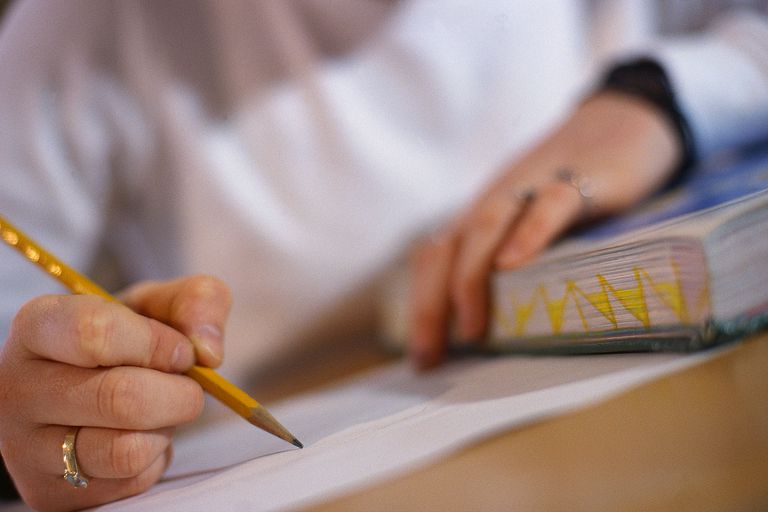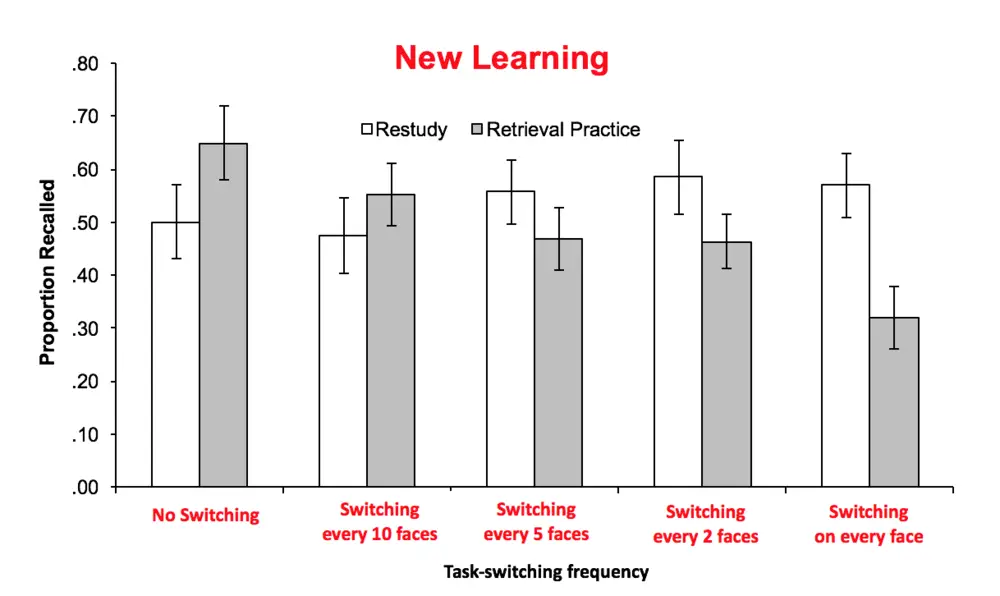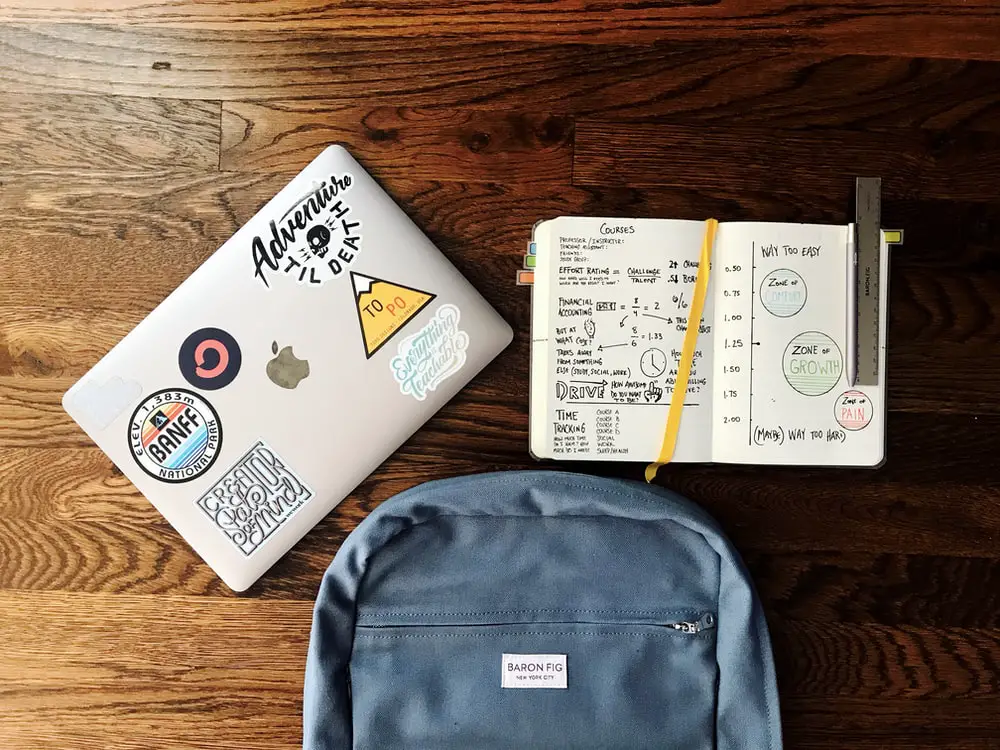Researchers have found that the following techniques increase sustainable learning and retention when incorporated in students’ daily study habits.
These techniques are difficult and require effort, and they slow down learning.
Initially, the learning gains seem to be smaller than with some ineffective practices. However, these techniques lead to long-term mastery.
Pre-test:

When students practice answering questions, even incorrectly, before learning the content, their future learning is enhanced. Pre-testing may take several forms: flashcards, question responses at the end of a chapter in the textbook, online assessments.
The study shows that it fits well for pre-school students by diploma and vocational training.
In comparison to researchers calling “recognition exercises,” such as true-or-false questions or multiple-choices, training assessments are highly successful because they need a “complete recall” of learned information.
And this is independent of the format of the final examination. It helps when you have to search for knowledge to be removed from your mind something that we don’t do when we actually check our notes or read the textbook.
Spaced practice:

A list of the subjects that will be used in the course and the dates of each test or review is normally presented on the schedule.
You should create a schedule using the syllabus, in which test preparation starts several weeks in advance and runs daily before the exam date.
For example, during weeks 3 and 4, topics that you learned during week 1. Made sure you keep to the timeline to stop skipping.
You will need diligence (that is to eliminate disruptions, devote yourself consistently to your study activities), but after the test is finished, you will be well prepared to obtain a successful outcome.
In brief: Prepare a “spaced” study routine in advance by using the course as a reference, create a timetable for you, and continue to do this at frequent intervals before the final exam date (your lessons can be spread over days or weeks) when you are using a spaced exercise.
Please schedule your course frequently and occasionally by taking numerous study sessions at frequent intervals. your preparations will be complete.
In comparison to cramming, not every session has to be lengthy and not cover all lessons but splits resources through sessions.
Concentrate on fresh and older topics in preparation for the exam and ensure that you not only study new materials but also review the information you have already mastered.
Need Help? Ask Our Chat Assistant!
Read also: 11 Secrets to Memorize Study Things Quicker than Others
Self-quizzing:

Self-Quizzing the most critical portion, after you have taken all your notes and tested them twenty-five times. The wrong thing many students do is that they pause at stage 2 while they prepare and then try out their grades 2-3 times so that they can complete the test successfully.
What happens is that you trick the brain into thinking that it knows the details, so your brain knows how to see and understand the same words and ideas, so you can’t really tell you the knowledge if you do not practice.
You have not perfected the subject until you can freely clarify, analyze, and apply the details without looking at the notes.
It is very difficult to test your expertise on your own when you first start self-quizzing. So, what we thinking as a novice is to use the opportunities that are already available to do so.
At the conclusion of your lesson, complete the chapter quizzes.
Press the professor for realistic tests and do them without the notes.
Using the on-line tools for nearly all textbooks today. Typically, these online tools provide far more innovative ways to test your content comprehension.
You learn how to integrate this method into your reading schedule, research group and through your 2 to 3 analyses of your notes as you take part in self-quizzing more frequently.
When you sit down and do this self-quiz, you will be near a super genius on the entire subject you are investigating and you will know exactly the fields to study a little more.
Interleaving practice:

Since the focus on only one subject is opposed to a blocked approach which also is known as a complex approach or mixed practice. It is worth learning about because interleaving can be so helpful.
In the following article, you can read more about interconnection, taking into account the various benefits it offers and why it works.
You can also find details about how to use interlocking in various ways, complemented by various tips to help you use interlocking more effectively. Some example:
If you’re learning vocabulary words in a new language:
In a study session, you could combine the styles of words you use. You could interlace terms from each of these groups and research them at the same time, for example, instead of studying the color names, the animal names and the names of the fruit.
If you’re learning world history
The country history you can read about can be messed up. For example, you can interlude different parts of the history of every nation based on a common topic, for instance, in order to learn about the whole history of each country at once.
Read also: 15 UseFul Study Hacks to Get Good Grades!
If you’re learning statistics
Any time you do your whole practice session, you might combine the types of calculations. For example, you should interleave various types of questions rather than only coping with a particular type of question at a time so that you have to find out systematically which way to answer each question.
Paraphrasing and reflecting:
Many of us read only a couple of paragraphs in a textbook to know that we didn’t have a single idea or key point in these paragraphs. Intentional learning techniques should be used to teach the students how they can overcome this.
This includes the lessons learned from past experience, contemplating how to explain the content to a five-year-old, and focusing on the content and answering questions.
As if students from college or university there why of learning or understanding might be different because at that level you have to understand the concept or topic first and try to write it in your own way so that later you can understand it better and just by reading it once you can recall it easily.
Suppose to Paraphrase first read the topic from the textbook then try to find examples from the internet after that write the concept in simple words.
You prepare hard for your tests but the results are disappointing.
Do you wonder why you’re even worried about studying? How to learn intelligently? Many students have understood that smart learning is more powerful than hard research. Many students would say that a few days before the test, they did not discuss any of the subjects.
One thing I found in the cleverest high school students was that they learned while their notes were taken. This helps them to learn what they have to know before the analysis is even completed. The faster you read, the better


